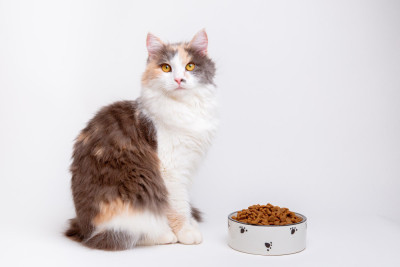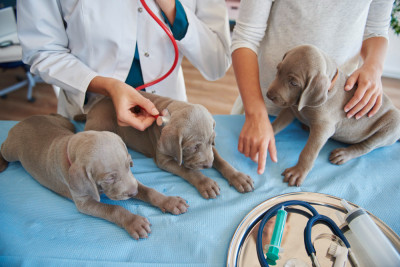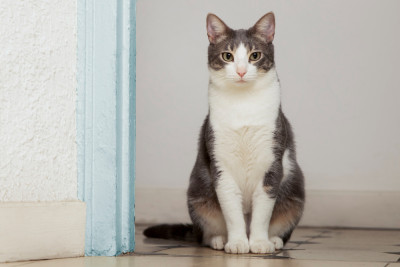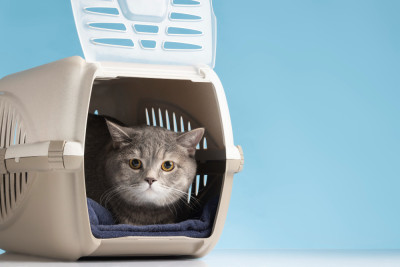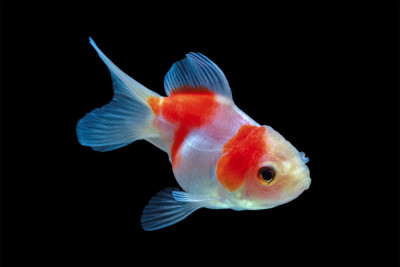1. Quality Cat Food
Selecting high-quality cat food is the foundation of a balanced diet. Look for reputable brands that offer complete and balanced nutrition. Consider these factors:
-
Life Stage: Choose cat food designed for your cat's life stage (kitten, adult, or senior). Each stage has specific nutritional requirements.
-
Protein Content: Cats need a diet rich in animal-based protein. Look for cat food with protein as the primary ingredient.
-
Limited Fillers: Avoid cat food with excessive fillers like corn, wheat, and soy, which offer little nutritional value.
2. Wet vs. Dry Food
Both wet and dry cat food can be part of a balanced diet. Each has its advantages:
-
Wet Food: Provides essential moisture, which can help prevent urinary tract issues. It's an excellent choice for cats that don't drink much water.
-
Dry Food: Promotes dental health by helping to clean teeth and is more convenient for feeding. Ensure it's supplemented with water intake.
3. Portion Control
Maintain a consistent feeding schedule and portion control to prevent overfeeding or underfeeding. Consult your veterinarian for guidance on the appropriate portion size for your cat's age, size, and activity level.
4. Fresh Water
Ensure your cat has access to clean, fresh water at all times. Hydration is crucial to kidney health and overall well-being. Some cats prefer flowing water, so consider a cat water fountain to encourage drinking.
5. Avoid Toxic Foods
Certain human foods are toxic to cats and should be avoided entirely. These include chocolate, caffeine, grapes, raisins, onions, garlic, alcohol, and artificial sweeteners (xylitol).
6. Special Dietary Needs
Some cats may have special dietary needs due to health conditions. If your cat has allergies, sensitivities, or specific medical issues, work closely with your veterinarian to select appropriate cat food or dietary modifications.
7. Homemade Cat Food
Homemade cat food can be an option, but it's essential to ensure it meets all of your cat's nutritional requirements. Consult with a veterinary nutritionist to create a balanced homemade diet if desired.
8. Treats in Moderation
Treats can be a fun way to bond with your cat, but they should be given in moderation. Opt for high-quality cat treats and limit their quantity to avoid excess calories.
9. Regular Vet Check-ups
Schedule regular veterinary check-ups to monitor your cat's health and nutrition. Your vet can assess your cat's weight, overall condition, and any specific dietary needs.
10. Transitioning Cat Food
If you decide to switch your cat's food, do so gradually over several days to avoid digestive upset. Mix a small amount of the new food with the old, gradually increasing the proportion of the new food.
11. Watch for Weight Changes
Monitor your cat's weight. Sudden weight loss or gain can be indicative of underlying health issues. Maintain a healthy weight through proper portion control and regular exercise.
12. Feline Obesity
Obesity is a common issue in cats. If your cat is overweight, work with your veterinarian to create a weight management plan, which may include a specialized diet and increased exercise.
Conclusion
Providing a balanced diet for your cat is one of the most important aspects of cat ownership. A nutritious diet supports your cat's overall health, from their coat and teeth to their immune system and energy levels. By choosing high-quality cat food, maintaining portion control, and staying attuned to your cat's specific needs, you can ensure they enjoy a happy and healthy life by your side. Always consult with your veterinarian for personalized dietary recommendations and guidance on providing the best possible nutrition for your feline friend.

